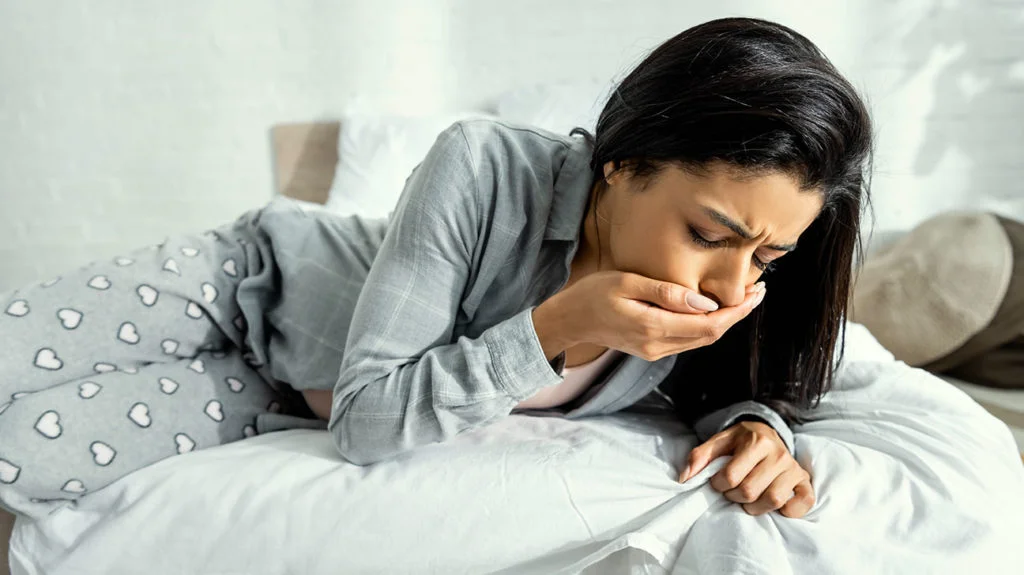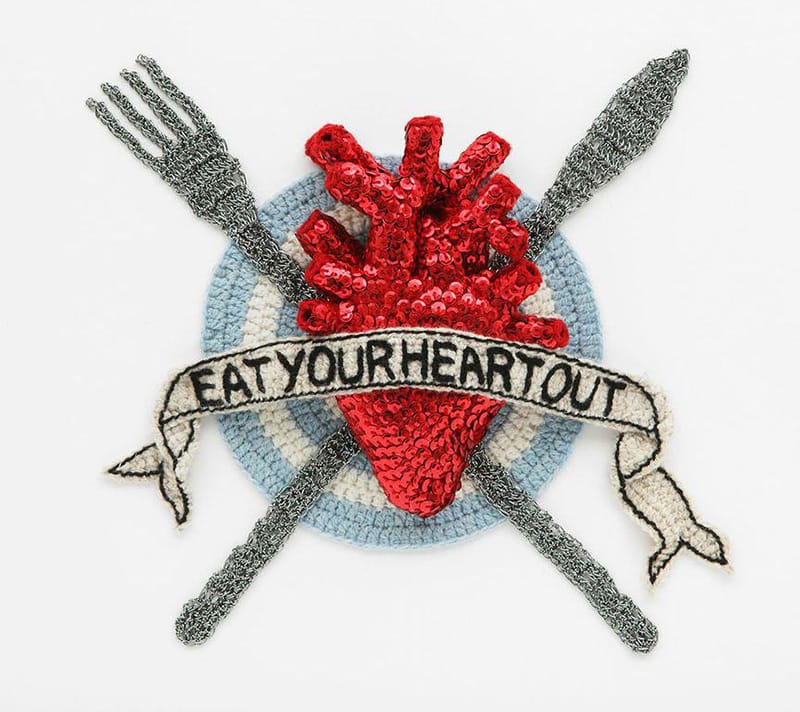An act that is slowly fading in the background over the years in adult medicine and routine care is adult deworming. When was the last time you took deworming medicine or tablets? Do you remember the importance of doing this? Does it even still matter? Well, like most medical conditions, it does not seem to matter until that one critical moment in the emergency room strikes. So yes, it does matter.
Government schools and clinics have programs geared towards deworming children twice yearly depending on the age. This is crucial for growth, development and overall health. But, what about adults? Why does it not seem to be a thing for the majority anymore? Especially in the midst of the growing trend of consumable raw delicacies, be it in the form of salads or meat. Improperly washed fruits and vegetables carry the risk of parasite eggs from the soil which complete their cycle as full-blown parasitic infestation in the gastrointestinal tract. Poor hand hygiene, walking barefoot, eating raw or partially cooked meat and vegetables carries the risk of introducing these parasite eggs into our bodies. These may seem harmless initially, until they affect the intestinal wall, block the lumen of the intestines or worse, the adjacent organs.
These parasites, depending on the type, have the potential to hook onto the walls of intestines causing chronic bleeding which may lead to iron deficiency anaemia. In some cases, they may cause blockage within the intestine, affect one’s eating habits, the liver, bladder, lungs and even the brain. The formation of cysts which are fluid-filled sacs may occur and is associated with dire health consequences.

Signs and symptoms of parasitic infestation may be difficult to tell. Some of the most common tell-tale signs are:
- Nausea/vomiting
- Abdominal pain of more than two weeks
- Bloating
- Loss of appetite or increased appetite
- Itching skin especially around the anus
- Headaches
- Stool may contain traces of eggs or worms which can be quite traumatic to see
- Advanced cases may even present with iron deficiency anaemia, emergencies related to intestinal obstruction or seizures.
(Consulting a doctor is the best option as it ensures personalised treatment).
Routine treatment to prevent parasitic infestation is very easy to administer with deworming medicine or once-off tablets which can be bought over the counter with the advice of a pharmacist. These are best taken in the morning on an empty stomach. Treatment is best taken twice yearly. Simple, right!
Healthy living is all about the tiny steps we take routinely. From brushing our teeth, to eating balanced meals with giggles with friends in between. To exercising in the morning sun, drinking water, switching off the lights at night and basking in complete silence. All of these tiny health acts seem negligible, but they play a role in the bigger scheme of things over time. Simple health measures become less common overtime owing to bigger health threats taking centre stage. At the end of the day, it is all an art of balance between the big acts and the small acts towards the lifelong investment of our health. Pay all of your health dues- both big and small. Let us deworm.

Article by Dr Mbangata: Dr Asafika is a Family Medicine Specialist, who graduated with a MBChB degree from Walter Sisulu University (2013), Obstetrics Diploma from the Colleges Medicine of South Africa (2017), HIV Diploma from the Colleges Medicine of South Africa (2019), and Fellowship of the Colleges of Family Physicians (FCFP) SA (2022). She is completing her Masters in Medicine (MMed) at the University of Pretoria.






No Comments